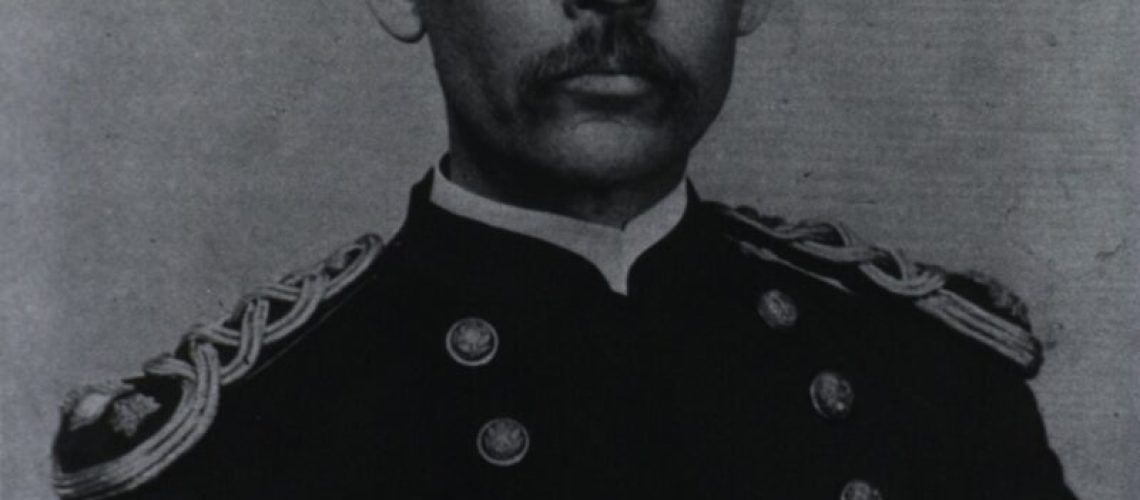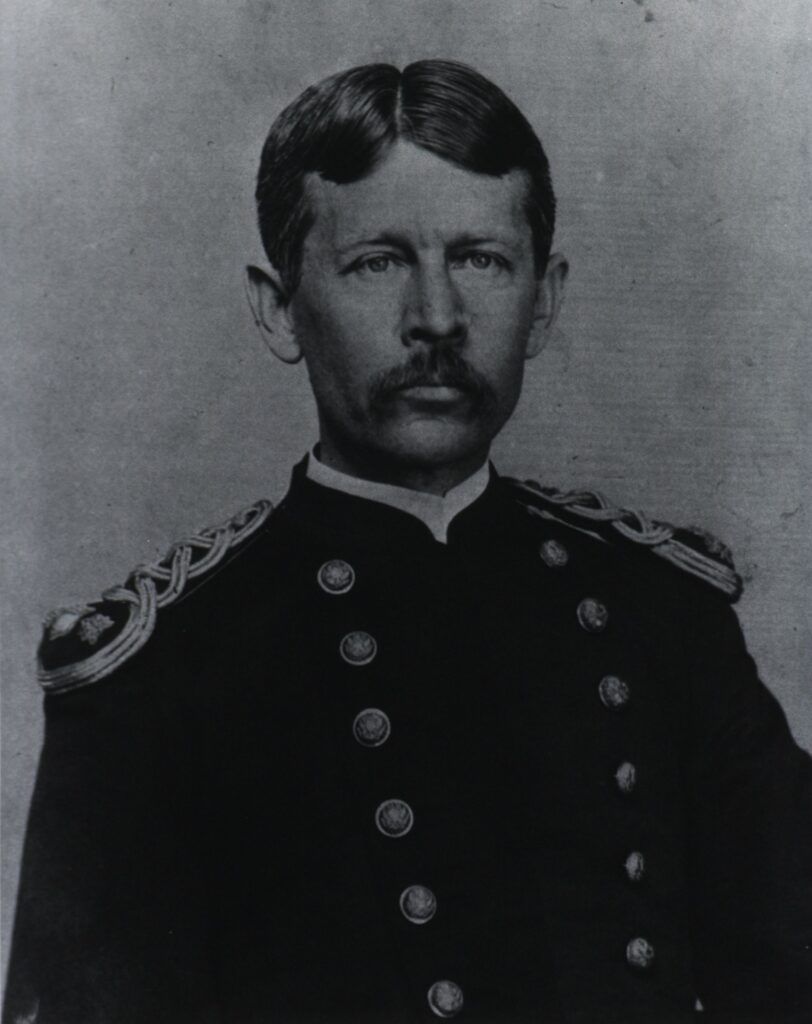In his many years of service with the US Army, Major Walter Reed helped save thousands of lives. Major Reed spent the first two decades in the military as a surgeon posted throughout the Western states and US territories. Reed’s greatest contributions would be made after he retired from clinical practice to focus on biomedical research. Before long he became a renowned researcher on a variety of infectious diseases. Reed most monumental achievement came toward the end of his career when he proved that yellow fever was spread through mosquitos bites, not poor sanitation. In the Spanish-American war, infectious diseases like yellow fever and malaria killed more American troops than combat did. Following the war’s end, yellow fever continued to kill the American occupation force as well as Cubans. US Army Surgeon General George Sternberg appointed Major Reed to lead a commission in 1900 to find the cause of yellow fever and stop its spread. The Reed Commission included three other members all of whom infectious disease physicians working for the Army.
Before the turn of the century, it was widely believed that yellow fever was caused by poor sanitation. Cuban physician Carlos Juan Finlay challenged this prevailing theory by hypothesizing that the disease was actually spread by mosquito bites. Unfortunately Dr. Finlay could not produce experimental results definitive enough to convince the scientific community. In 1900 Major Reed tested Finlay’s mosquito theory. He hatched eggs from Finlay’s mosquito collection and allowed them to feed on patients with yellow fever. Several volunteers agreed to be bitten by the mosquitos, at least two of whom became ill. Soon after, the commission established an experimental camp in Cuba to conduct more rigorous studies. Reed’s team of researchers demonstrated that mosquitoes only acquired the virus if they bit someone during the initial three days of their infection. The experiments also showed that, following an incubation period (the time it takes for the virus to reach high levels within the host) of several days, the insects transmitted the virus to a person by biting them.
Reid is still the youngest graduate of University of Virginia’s medical school. In 1870 he earned another degree at Bellevue Hospital Medical College in New York. His experience training New York hospitals inspired his passion for public health. The world continues to benefit from his contributions to the field of infectious disease and his commitment to protect public health.


